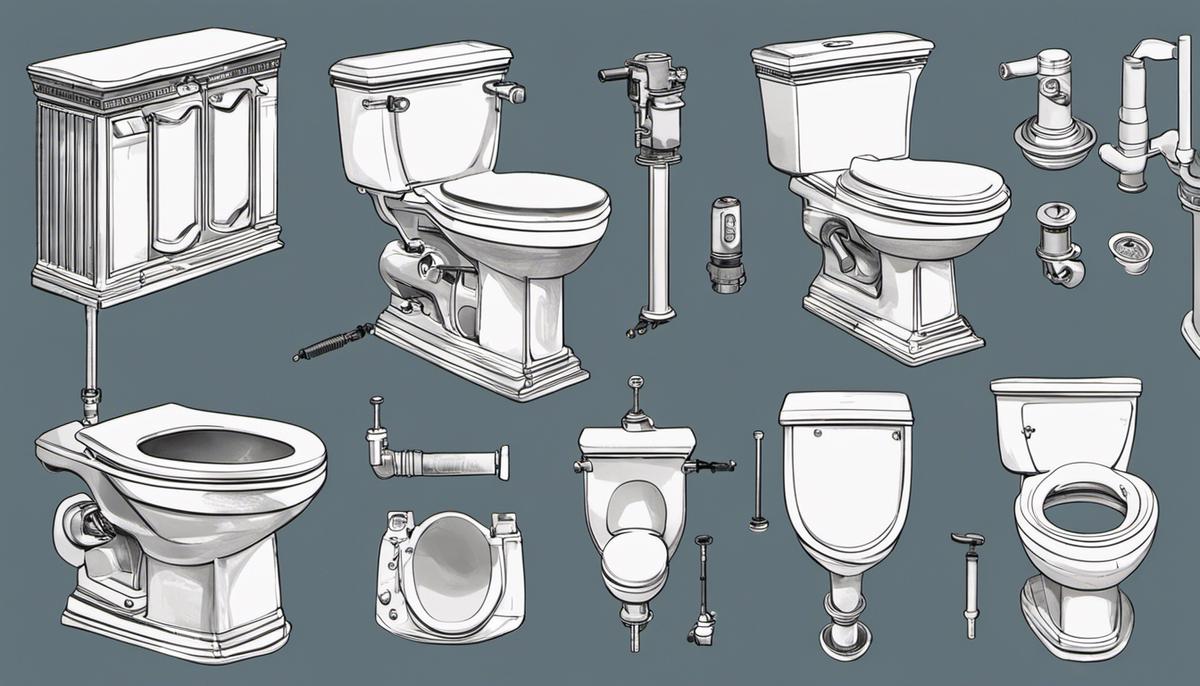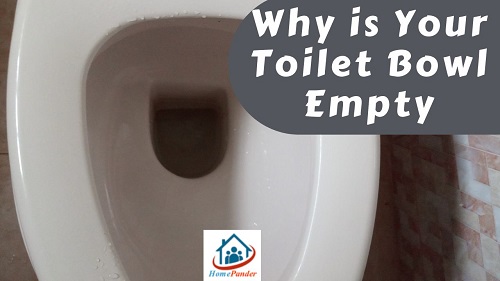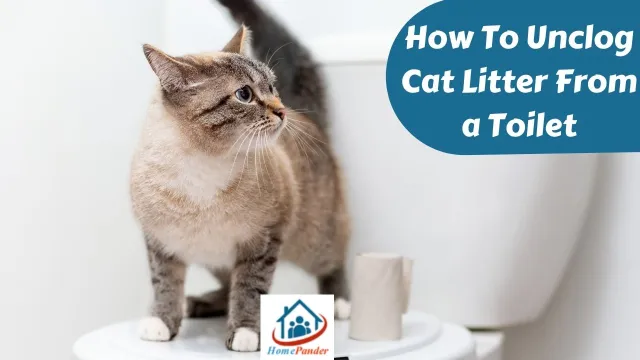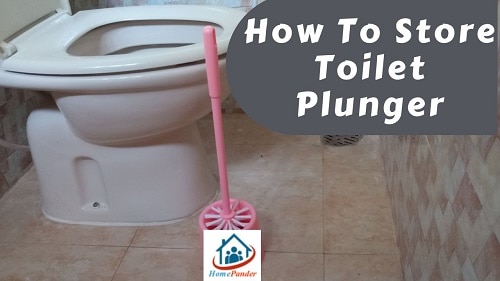Can You Use Lysol on Mirrors? No, it is not recommended to use Lysol on mirrors. Lysol contains chemicals that can potentially damage the mirror’s surface and leave streaks. It is best to use gentle cleaning solutions specifically formulated for mirrors or explore DIY alternatives.
Maintaining cleanliness and hygiene is crucial in our homes, especially in light of recent events that have highlighted the importance of disinfecting surfaces.
Lysol, a popular household brand, is known for its disinfectant properties and is commonly used for cleaning and sanitizing different areas of the house.
However, when it comes to mirrors, caution must be exercised to ensure that the cleaning solution used does not cause any damage or leave unsightly streaks. Let’s take a closer look at Lysol and its compatibility with mirror cleaning.
Can You Use Lysol on Mirrors?
| Use Lysol on Mirrors | Do Not Use Lysol on Mirrors | |
|---|---|---|
| Effectiveness | Effective disinfectant for killing germs | Not recommended for mirror cleaning |
| Potential Damage | May cause streaks and damage mirror surfaces | Safer alternatives available for maintaining mirror integrity |
| Reflective Coating | Can deteriorate or become discolored over time | Preserve mirror’s reflective coating by avoiding Lysol |
| Health Risks | Strong fumes may be harmful when inhaled | Choose safer cleaning methods for mirrors |
| Recommended Alternatives | Gentle cleaning solutions specifically formulated for mirrors | DIY recipes with vinegar or mild dish soap, or commercial mirror cleaning products |
| Overall Verdict | Not suitable for mirror cleaning due to potential damage | Opt for alternatives to achieve streak-free, pristine mirrors |
Understanding Lysol and its Uses
What is Lysol?
Lysol is a brand of disinfectant and cleaning products that has been trusted by millions of households for several decades. It comes in various forms, including sprays, wipes, and liquid solutions.
Lysol is formulated to eliminate bacteria, viruses, and other germs, making it an effective choice for disinfecting commonly touched surfaces.
Lysol’s Effectiveness as a Disinfectant
Lysol is renowned for its disinfecting capabilities, as it contains ingredients that can neutralize a wide range of pathogens.
When used correctly, Lysol can help reduce the risk of spreading infections within the household. However, its efficacy as a disinfectant should not be confused with its suitability for cleaning delicate surfaces such as mirrors.
Common Uses of Lysol
Lysol finds its applications in various areas of the house, such as kitchen countertops, bathroom fixtures, doorknobs, and even upholstery.
It is commonly used to sanitize surfaces that come into frequent contact with germs, providing peace of mind regarding cleanliness and hygiene. However, using Lysol on mirrors requires more careful consideration.
The Effect of Lysol on Mirrors
How Lysol Affects Mirrors
While Lysol is effective in killing germs, it may not be the ideal choice for cleaning mirrors due to its composition.
Lysol contains chemicals, such as ethanol and alkyl dimethyl benzyl ammonium chloride, which can potentially damage the mirror surface. These chemicals can cause streaks, dullness, and even deterioration of the reflective coating on the back of the mirror.
Potential Damage to Mirror Surfaces
Using Lysol on mirrors can result in the appearance of cloudy spots or streaks that are difficult to remove.
The chemicals present in Lysol can react with the mirror’s surface, leading to etching or corrosion over time.
Additionally, the reflective coating on the back of the mirror, which is responsible for creating a clear reflection, can become damaged or discolored when exposed to harsh cleaning agents like Lysol.
Risks of Using Lysol on Mirrors
Apart from potential damage to the mirror itself, using Lysol on mirrors can also pose risks to your health. Lysol contains chemicals that may emit strong fumes, which can be harmful when inhaled.
It is always advisable to use cleaning products in a well-ventilated area and follow the manufacturer’s instructions for safe usage. To avoid these risks altogether, it is best to explore alternative methods for cleaning mirrors effectively.
Alternatives to Lysol for Mirror Cleaning
| Alternative | Description |
|---|---|
| Vinegar Solution | A mixture of equal parts white vinegar and water that effectively removes smudges and leaves no streaks. |
| Mild Dish Soap Solution | Diluted mild dish soap combined with water, gentle on mirrors and helps remove dirt and fingerprints. |
| Commercial Mirror Cleaners | Specifically formulated products designed for mirror cleaning, offering convenience and streak-free results. |
| Ammonia-Free Glass Cleaners | Glass cleaners without ammonia that can be safely used on mirrors, providing streak-free and clear reflections. |
| DIY Recipes | Homemade recipes using natural ingredients, such as baking soda or lemon juice, for eco-friendly mirror cleaning. |
| Microfiber Cloths | Soft and lint-free cloths that efficiently clean mirrors without leaving streaks or scratches. |
Gentle Cleaning Solutions for Mirrors
When it comes to cleaning mirrors, opting for mild and gentle cleaning solutions is the key to preserving their pristine condition.
Products specifically designed for mirror cleaning are readily available in the market and offer a safer alternative to Lysol. Look for solutions that are ammonia-free and specifically formulated for use on glass surfaces to ensure streak-free results.
DIY Mirror Cleaning Recipes
For those who prefer a more natural approach, there are DIY mirror cleaning recipes that can be easily prepared at home.
A simple solution of equal parts white vinegar and water can be used to clean mirrors effectively.
Vinegar is a natural cleaner and can help remove smudges and streaks without causing damage.
Another option is using a mixture of water and mild dish soap, applied with a soft microfiber cloth or a sponge, followed by a thorough rinse.
Recommended Products for Mirror Maintenance
| Product Name | Description |
|---|---|
| Windex Glass Cleaner | A trusted glass cleaner that leaves mirrors streak-free and crystal clear. |
| Method Glass + Surface Cleaner | Ammonia-free cleaner specifically formulated for glass surfaces, including mirrors. |
| Seventh Generation Glass Cleaner | Plant-based and biodegradable glass cleaner that effectively cleans mirrors without harsh chemicals. |
| Microfiber Cleaning Cloths | Soft and lint-free cloths designed for mirror cleaning, ensuring a streak-free and polished finish. |
| Sprayway Glass Cleaner | Professional-grade glass cleaner that quickly removes fingerprints, smudges, and dirt from mirrors. |
| E-Cloth Glass & Polishing Cloth | High-quality microfiber cloth providing exceptional cleaning power for mirrors, leaving no streaks or lint behind. |
| Better Life Streak-Free Glass Cleaner | Non-toxic and environmentally friendly glass cleaner that delivers streak-free results on mirrors. |
| Caldrea Glass Cleaner | Fragrant and effective glass cleaner that removes grime and leaves mirrors sparkling clean. |
To maintain the cleanliness and shine of mirrors, it is essential to use the right tools. Microfiber cloths or lint-free cotton cloths are excellent choices for wiping mirrors, as they are gentle and help prevent streaking.
Additionally, using a squeegee after cleaning can help remove excess moisture and leave the mirror surface sparkling.
Proper Mirror Cleaning Techniques
Step-by-Step Guide to Cleaning Mirrors Effectively
To achieve streak-free mirrors, it is essential to follow the proper cleaning techniques. Here is a step-by-step guide to help you achieve a clear reflection:
- Start by removing any dust or loose debris from the mirror’s surface using a soft brush or microfiber cloth.
- Prepare a cleaning solution by diluting vinegar or mild dish soap with water.
- Dip a clean cloth or sponge into the cleaning solution and wring out any excess liquid.
- Gently wipe the mirror surface in straight, overlapping strokes, starting from the top and working your way down.
- Pay extra attention to areas with smudges or fingerprints, applying a bit more pressure if needed.
- Once you have cleaned the entire mirror, use a squeegee to remove excess moisture.
- Finally, inspect the mirror for any remaining streaks or spots and touch up if necessary.
Dos and Don’ts for Mirror Cleaning
To ensure optimal mirror cleaning results and avoid any damage, here are some dos and don’ts to keep in mind:
Dos:
- Use soft, lint-free cloths or microfiber towels for cleaning.
- Dilute cleaning solutions properly to avoid leaving residue.
- Clean mirrors in a well-lit area to spot any streaks or smudges.
- Inspect the mirror for any imperfections and address them promptly.
Don’ts:
- Use abrasive materials such as scrub brushes or rough sponges.
- Apply excessive pressure or scrub vigorously.
- Spray cleaning solutions directly onto the mirror surface.
- Use ammonia-based cleaners or products containing harsh chemicals.
Maintaining Mirror Cleanliness Over Time
To keep your mirrors looking their best, it is important to incorporate regular maintenance into your cleaning routine.
Dusting the mirror surface regularly with a soft cloth can help prevent the accumulation of dirt and grime.
Additionally, avoiding the use of harsh chemicals, abrasive materials, and excessive moisture can extend the longevity of your mirrors.
Frequently Asked Questions
Q1: Can I use Lysol wipes on mirrors?
A: It is not recommended to use Lysol wipes on mirrors, as they may leave streaks or damage the mirror surface. It is best to use products specifically designed for mirror cleaning.
Q2: Is vinegar safe to use on all types of mirrors?
A: Vinegar is generally safe to use on most types of mirrors, but it is always advisable to test it on a small, inconspicuous area first to ensure compatibility.
Q3: Can I use newspaper to clean mirrors?
A: While newspaper was traditionally used for mirror cleaning, it is not recommended as the ink can transfer onto the mirror and leave stains. Opt for lint-free cloths or microfiber towels instead.
Q4: How often should I clean my mirrors?
A: The frequency of mirror cleaning depends on factors such as usage and environmental conditions. However, a general recommendation is to clean mirrors once a week or as needed to maintain their cleanliness.
Q5: Can I use glass cleaners on mirrors?
A: Glass cleaners can be used on mirrors, but it is essential to choose ones that are ammonia-free and specifically formulated for glass surfaces to avoid streaks or damage.
Q6: What should I do if my mirror has stubborn stains or marks?
A: For stubborn stains or marks on mirrors, you can try using a mixture of baking soda and water to create a paste. Gently apply the paste to the affected area, let it sit for a few minutes, and then wipe it away with a damp cloth.
Q7: Are there any commercial mirror cleaning products you recommend?
A: There are several commercial mirror cleaning products available in the market that are specifically formulated for mirror surfaces. Some popular brands include Windex, Method, and Seventh Generation.
Q8: Can I use paper towels to clean mirrors?
A: Paper towels can leave lint or fibers behind on mirrors, resulting in streaks. It is best to use lint-free cloths or microfiber towels for a streak-free mirror cleaning experience.
Conclusion
While Lysol is an effective disinfectant for various surfaces, it is not recommended for cleaning mirrors due to the potential damage it can cause.
The chemicals in Lysol can lead to streaks, etching, and deterioration of the mirror surface. Instead, opt for gentle cleaning solutions specifically formulated for mirrors or try DIY recipes using vinegar or mild dish soap.
By following proper mirror cleaning techniques and maintaining regular upkeep, you can ensure streak-free, pristine mirrors without compromising their longevity.



![How To Clean Dark Grout That Has Turned White [5 Easy Ways]](https://homepander.com/wp-content/uploads/2021/12/How-To-Clean-Dark-Grout-That-Has-Turned-White.webp)
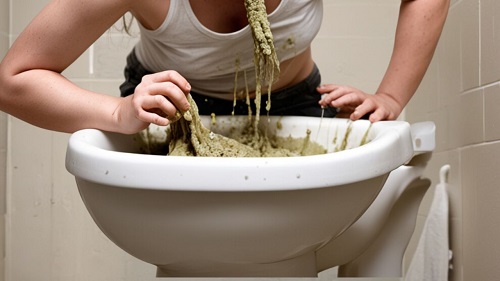

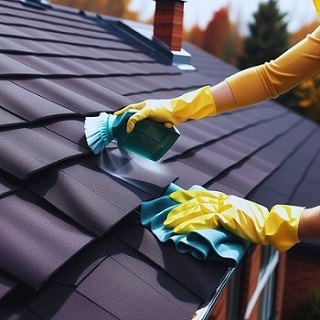





![How to Remove Crystallized Urine [Explained]](https://homepander.com/wp-content/uploads/2022/02/How-To-Remove-Crystallized-Urine.jpg)
